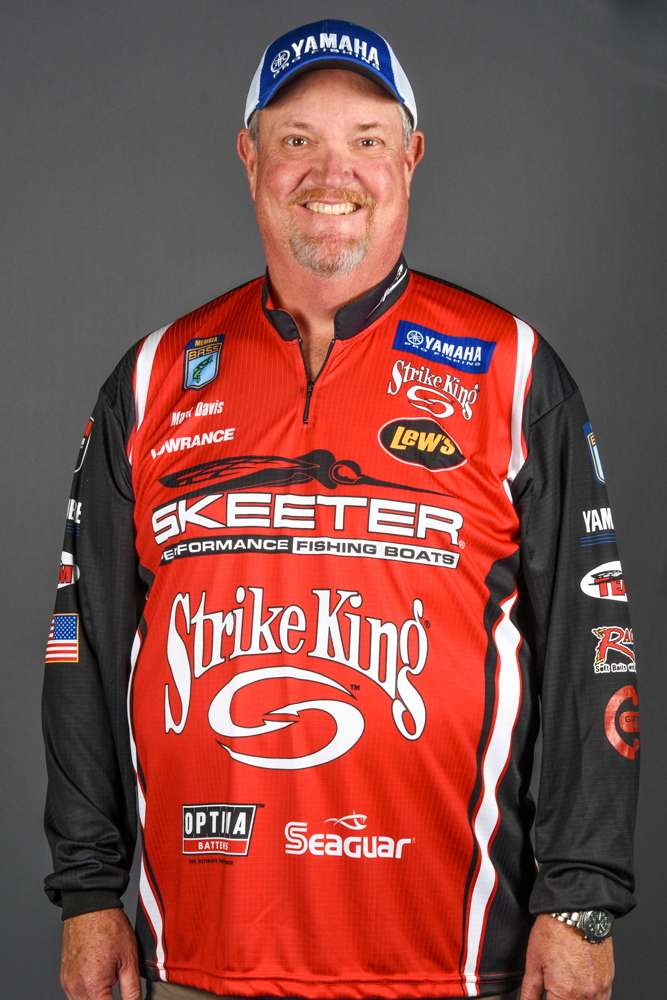In this lesson we’re going to talk about how to get ready — mentally and fishing-wise — for a single day event. Next time we’ll talk about how to fish it. After that we’ll do the same thing with multiday tournaments. Some of what I’m going to say might surprise you.
First, let’s identify the problem: It’s practice. A typical scenario is that the tournament is on Saturday. You get off work on Monday and spend two or three hours on the water. On Tuesday you have to mow the grass and on Wednesday one of your kids has a game. Come Thursday you get another couple of hours of practice.
That’s not much time. And, to make matters worse you’re fishing in the evening. The tournament is during the day. Add to that the fact that boat traffic and fishing pressure is less during the week and you can see why so many guys end up frustrated on Saturday. You can’t eliminate that frustration, but you can lessen it.
Begin by spending less time catching fish and more time figuring out what they’re doing. Don’t worry about a specific creek, cove or stump bed. Instead fish around and try to figure out if the bass are moving towards those places, away from those places or staying put. While you’re doing that pay close attention to what they’re eating — shad, bluegill, crawfish.
That information will help guide you towards active fish come Saturday. It’ll compensate for the time of day difference between your practice and your competition, and it’ll go a long ways towards closing the gap between Thursday and Saturday.
I’ve always said that if I have to fish an event on short notice and with too little practice time, I’d rather know what the bass are doing and what they’re eating than know about a couple of specific spots where they’re holding. If I know what’s happening, I can put things together during the tournament. If all I have is one or two spots, I’m cooked if they move or don’t bite.
At the same time you should be looking around so that you know what your lake or river looks like. Think about other spots you can fish during the tournament that are similar to where you got a couple of bites. Mark a couple of others that are shallower or deeper. Pay attention to where the channel runs. That information might come in real handy if you get a big weather change.
Remember, too, that Monday isn’t Saturday on a public body of water. Weekends bring out pleasure boats and bass anglers. You’re favorite spot might be taken by a big houseboat full of partiers or an angler who got there first. Look around for alternatives while you practice, places no one else knows about. That’s more important than finding one honey hole.
I know it’s more fun to catch bass than it is to prepare properly for a tournament, but you’ll do better if you think about the things we’ve discussed. You’ll be more relaxed and ready to face the changes and challenges that tournament bass fishing presents.





